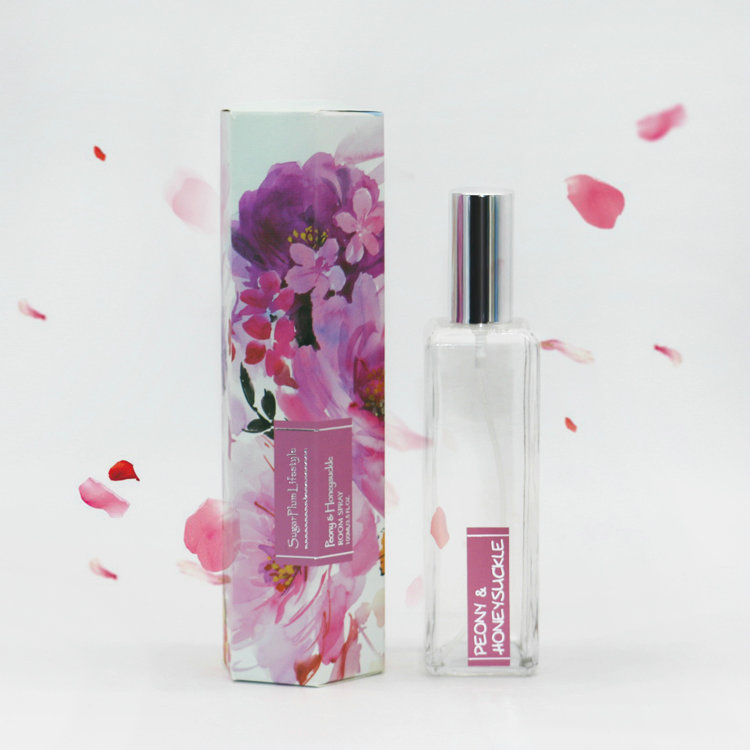Many air fresheners are marked on the packaging to have a sterilization effect. Some people also use it as a disinfectant product and frequently spray it on places that are not easy to clean. Especially in places with a lot of peculiar smells such as toilets, it is believed that it can kill two birds with one stone, both disinfecting and deodorizing. In fact, air fresheners cannot kill bacteria in the air and cannot be used as disinfection products. Air fresheners cannot improve air quality and cannot sterilize.
Air freshener is composed of ethanol, essence, deionized water and other ingredients. Its working principle is also very simple. It is to add a small amount of medicament to the substance that emits malodor, and achieve the purpose of deodorization through chemical reaction and use strong aromatic substances to conceal the odor Therefore, many air fresheners do not actually remove the peculiar smell, but only cover the peculiar smell with a pleasing fragrance. But it cannot really improve the air quality, because its components cannot decompose harmful gases, and it is difficult to really clean the air.
Air freshener hazards
The butane, propane and compressed nitrogen contained in the canned air freshener products are themselves volatile toxic substances, which can cause harm to the human body while volatilizing the fragrance. The aromatic substances contained in air fresheners can stimulate the human nervous system, stimulate children's respiratory mucosa, and affect children's growth and development.
Air fresheners can cause secondary pollution: Air fresheners are basically composed of ether, flavors and other components. Some of the gas generated after the chemical decomposition of these substances in the air is air pollutants, which actually aggravate the air. Pollution degree, long-term use will cause adverse irritation to the human body.
Air freshener is composed of ethanol, essence, deionized water and other ingredients. Its working principle is also very simple. It is to add a small amount of medicament to the substance that emits malodor, and achieve the purpose of deodorization through chemical reaction and use strong aromatic substances to conceal the odor Therefore, many air fresheners do not actually remove the peculiar smell, but only cover the peculiar smell with a pleasing fragrance. But it cannot really improve the air quality, because its components cannot decompose harmful gases, and it is difficult to really clean the air.
Air freshener hazards
The butane, propane and compressed nitrogen contained in the canned air freshener products are themselves volatile toxic substances, which can cause harm to the human body while volatilizing the fragrance. The aromatic substances contained in air fresheners can stimulate the human nervous system, stimulate children's respiratory mucosa, and affect children's growth and development.
Air fresheners can cause secondary pollution: Air fresheners are basically composed of ether, flavors and other components. Some of the gas generated after the chemical decomposition of these substances in the air is air pollutants, which actually aggravate the air. Pollution degree, long-term use will cause adverse irritation to the human body.

Air fresheners can cause allergies: The ingredients contained in air fresheners are all organic. Most of them can cause allergies and also have some strong irritation to the respiratory tract, especially for people who are prone to allergies or people with allergies. in this way.
There are many ways to change indoor air quality: for example, open windows for ventilation to achieve indoor air circulation; in addition, planting an appropriate amount of green plants can also improve air quality. At the same time, attention should be paid to eliminating sanitary corners and purifying the air in a true sense. .
Precautions
It should be used with caution when there are infants, asthmatics, people with allergies and people with allergic diseases indoors.












